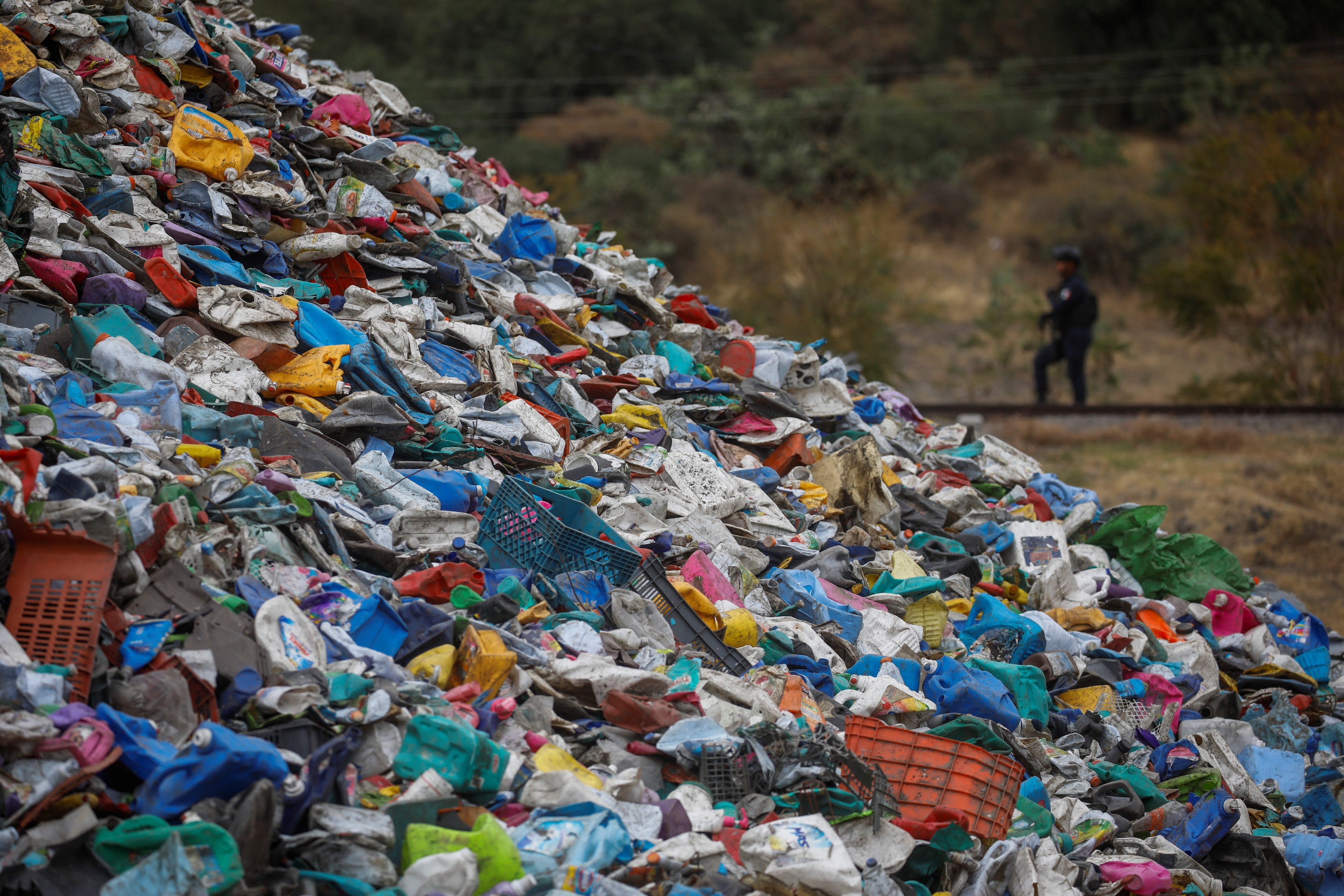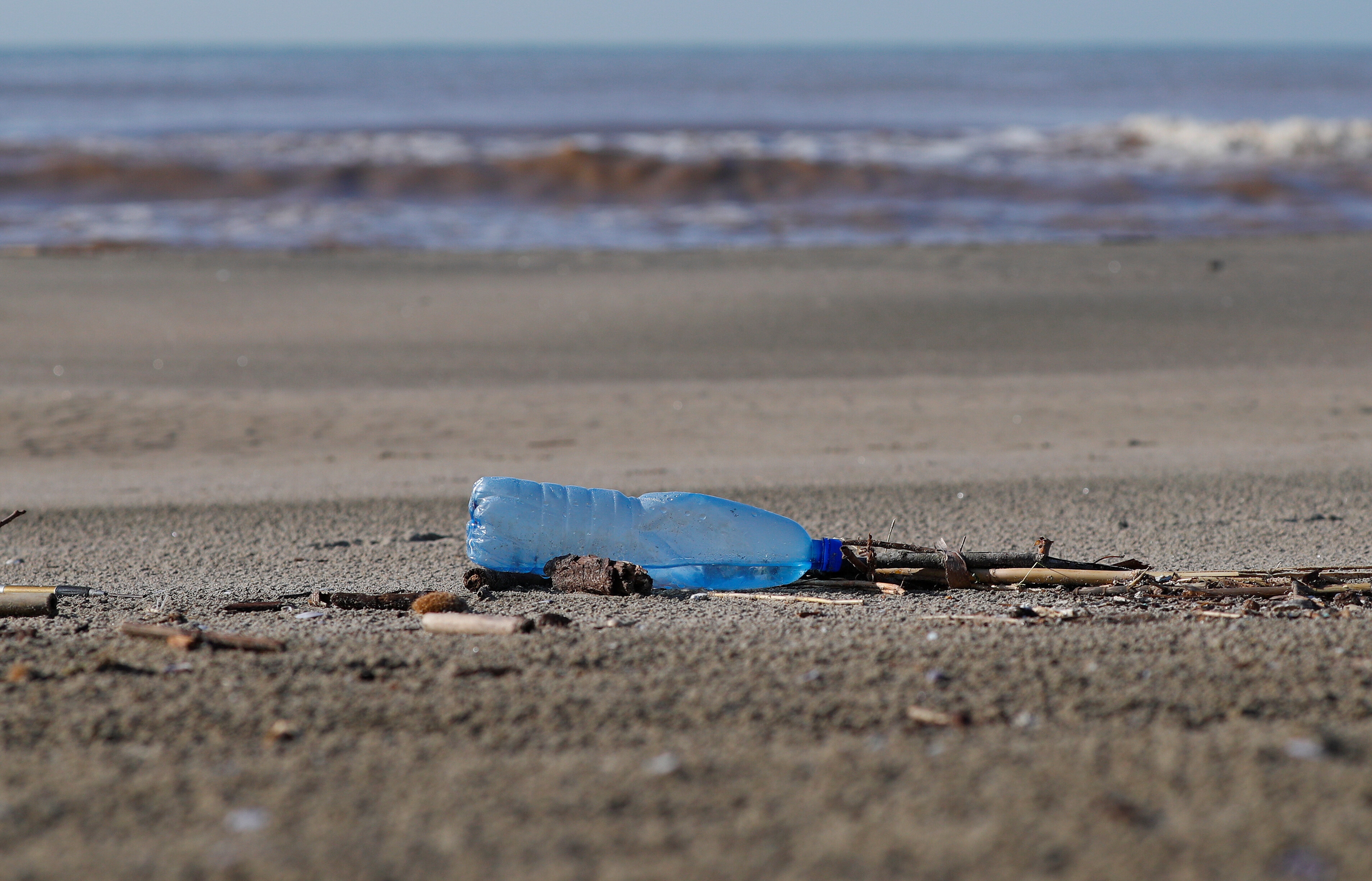How your 'thank you' emails are polluting the planet

How many emails do you send a day?
Image: Etienne Boulanger/Unsplash
Stay up to date:
United Kingdom
- If each adult sent one less email a day, Britain could reduce its carbon output by 16,433 tonnes - equal to more than 81,000 flights from London to Madrid
- 71% of Britons said they wouldn't mind not receiving a 'thank you' email if it helped the environment
Britain could significantly cut its carbon footprint if people stopped sending unnecessary 'thank you' emails, researchers said, calling on the public to 'think before you thank'.
Britons send more than 64 million unnecessary emails per day, a study by energy supplier OVO Energy found, with unactionable pleasantries such as 'thank you' and 'thanks' topping the list of most common offenders.
"Is OVO asking everybody to be more rude? Absolutely not," said Mike Berners-Lee, an expert on carbon footprinting at Britain's Lancaster University who carried out the analysis.
"But if you send somebody a 'thanks' email, and they're only three metres away from you, it might be nice to just go over and say, thank you very much," he told the Thomson Reuters Foundation.
If each adult sent one less email a day, Britain could reduce its carbon output by 16,433 tonnes - equal to more than 81,000 flights from London to Madrid, the study found.
OVO Energy has created software to identify when a user has sent a potentially unnecessary email and prompt them to be more thoughtful.
The study found 49% of Britons frequently sent emails to colleagues within talking distance. Despite the country's penchant for politeness, 71% of Britons said they wouldn't mind not receiving a 'thank you' email if it helped the environment.
Don't miss any update on this topic
Create a free account and access your personalized content collection with our latest publications and analyses.
License and Republishing
World Economic Forum articles may be republished in accordance with the Creative Commons Attribution-NonCommercial-NoDerivatives 4.0 International Public License, and in accordance with our Terms of Use.
The views expressed in this article are those of the author alone and not the World Economic Forum.
Related topics:
Forum Stories newsletter
Bringing you weekly curated insights and analysis on the global issues that matter.
More on Nature and BiodiversitySee all
Pedro Gomez and Clemence Schmid
August 6, 2025
Tom Crowfoot
August 5, 2025
Hu Xiangdong and Felipe Carazo
August 1, 2025
Andrea Willige
July 30, 2025




